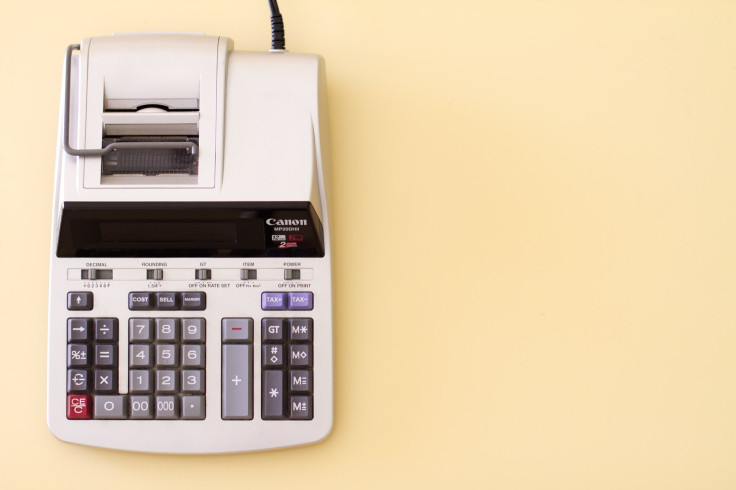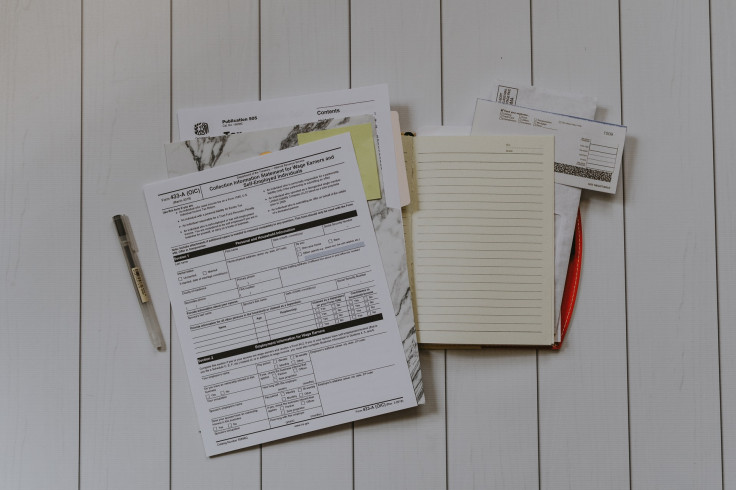Best Bookkeeping Practices for Small Businesses

Bookkeeping is a critical task for any business that wants to remain in good financial standing. The good news is, technology is great, and you don't have to keep literal books of financial records anymore! There's so much accounting software out there that anyone can learn to use. But really, it doesn't matter what you use to keep track -- a physical ledger or electronic ledger; it doesn't matter what size your business is. All that matters is that you keep up with your books.
What is Bookkeeping?
Bookkeeping consists of recording and organizing the financial transactions of your business. The person in charge of this task is called the bookkeeper. Bookkeeping is the first step you'll take to assess how your business is doing. By looking at the numbers, you can quickly identify financial challenges before they seriously interfere with your business transactions.
Many people think bookkeeping and accounting are the same things. Though they are similar, bookkeeping simply lays the bedrock for accounting. Accounting analyzes the data collected through bookkeeping.
Bookkeeping Practices for Small Business Owners
To help your bookkeeping process go smoother, keep in mind these best practices.

Separate your Business from Personal Finances
This is the golden rule of business finance. Open separate bank and credit card accounts for your business. By keeping personal transactions out of the business account, you've saved your bookkeeper mistakes, unwanted stress, and time categorizing and reconciling the account.
Pay Yourself a Salary
Whether you run your business alone or you're in a partnership, every member should be on a monthly salary payroll. Paying out a salary keeps the business as its own entity. It also helps remove the temptation of using the business account for personal expenses.
Business Expenses and You
Sometimes, of course, the CEO of a company may need to use personal funds for business expenses. Make sure these expenses eventually find their way into the business bank account. In doing so, the company will write you a reimbursement check, separate from your monthly salary checks.
Reimbursement should also apply to your staff. Compile the reimbursement expenses with the date, vendor, and purpose on a spreadsheet with the receipts attached. The company then writes a check for the same amount. This step is essential as it ensures that your bookkeeper records these reimbursements from the business bank account.
Business Travel
The company pays for any business travel with your personal vehicle. Note the date, miles traveled, and the purpose of every business trip. Submit it for reimbursement, and the bookkeeper will record it correctly.
Keep All Receipts

Do you know that the IRS requests all receipts for tax deductions? The more reason you should file every paper receipt for business expenses. I know you might feel this is an old school way of bookkeeping, but it is incredibly important for tax season. Most accounting software now comes with a function to scan business paper receipts and attach them to transactions within the software.
Outsource the Company Payroll
Outsource the writing of checks, filing payroll tax returns, and withholding staff. You can do this inexpensively. I also recommend opening a separate business checking account solely for payroll so that your payroll provider doesn't have access to your business bank account.
Keeping a payroll account separate from the company bank account also helps you make sure that there is enough money to pay your employees.
Let a Professional set up your Accounting Software
You need to know here that the better the software is tailored to your business, the better it will be. That is why a professional should set up your accounting software system. Not only that, have them show you how to work the software properly. Once it's ready to go, daily business transactions like issuing invoices and paying bills will be easier to track and document.
Review the Processes
Let every invoice go through the accounting department for review and verification. Also, check and verify every invoice personally. If this is big work, you can outsource it to a reliable firm to do your accounting and bookkeeping for you.
Internal Controls
We've all heard it before, the bookkeeper who manipulates the books. It's a fraud, plain and simple. Establish internal controls within your business to prevent fraud. Distribute your financial responsibilities among three different sections. Ensure no single staff member oversees authorization, record maintenance, and assets keeping at the same time. You should appoint jobs: one to write the check, another to confirm the bank account, and a third to process payments.
Balance the Book

The last thing you should do is a quick balance of the book before handing it over to a professional to close it. This way, you know where you stand. Add the transactions in your accounting book's debit and credit columns at the end of the quarter or year. The totals of debit and credit transactions must be equal.
Conclusion
One of the benefits of being a smaller-sized business is that you can personally oversee the bookkeeping process. Over time, however, you may need to hand off the bookkeeper role to someone else. So before you see massive growth in your company, establish good bookkeeping habits. It will keep you organized for tax season, give you better insight into your business's performance, and let you know what's happening with your money.
© Copyright IBTimes 2025. All rights reserved.





















